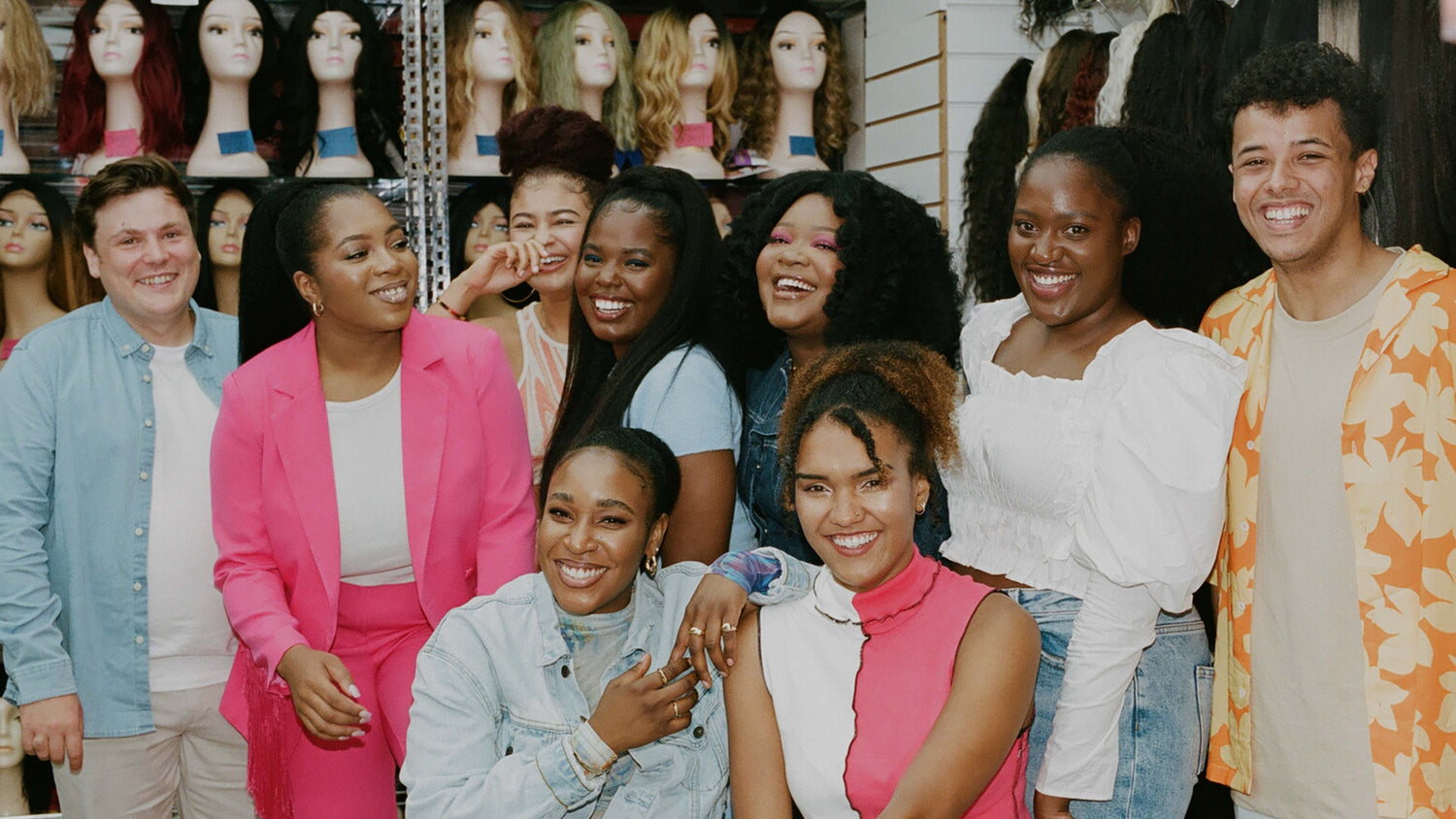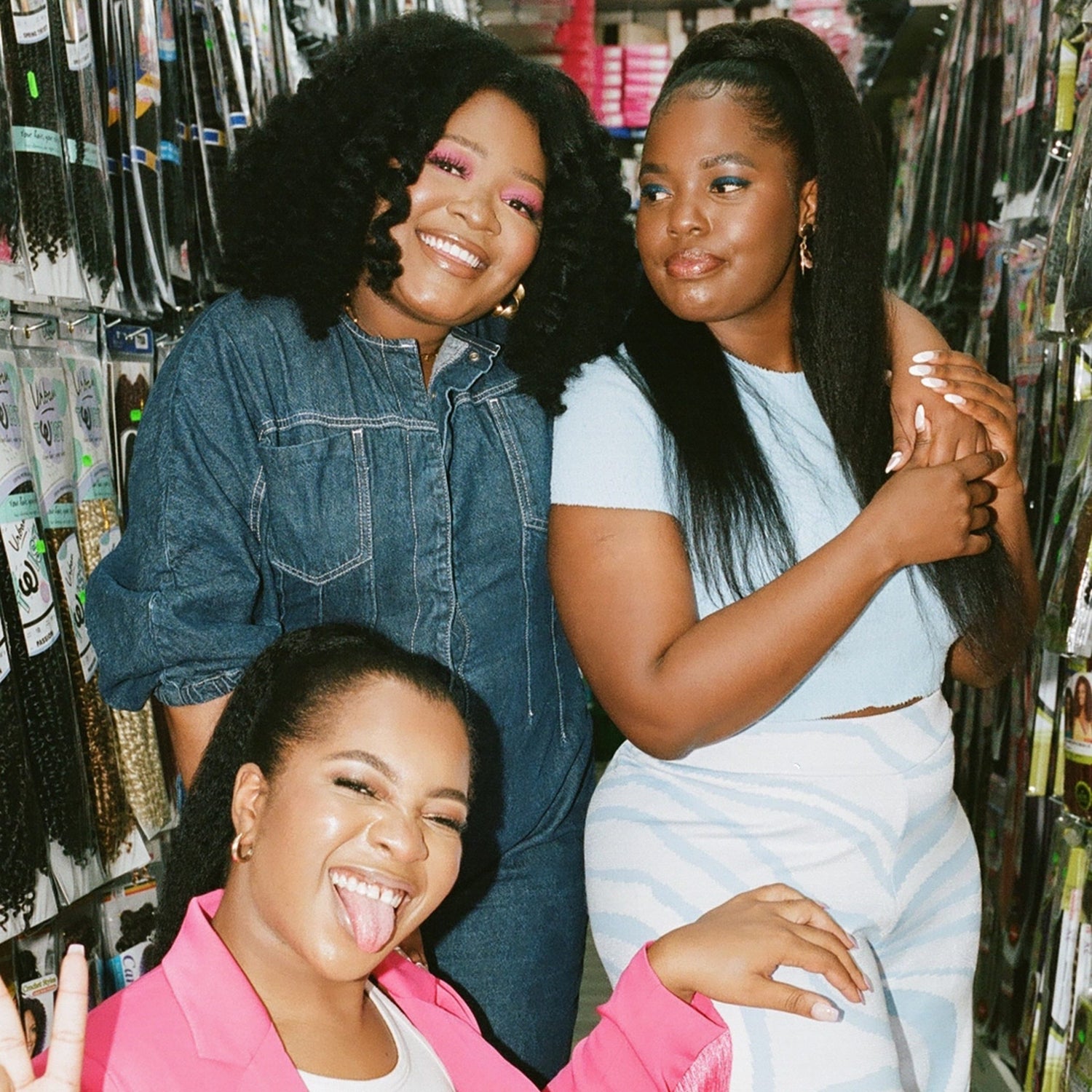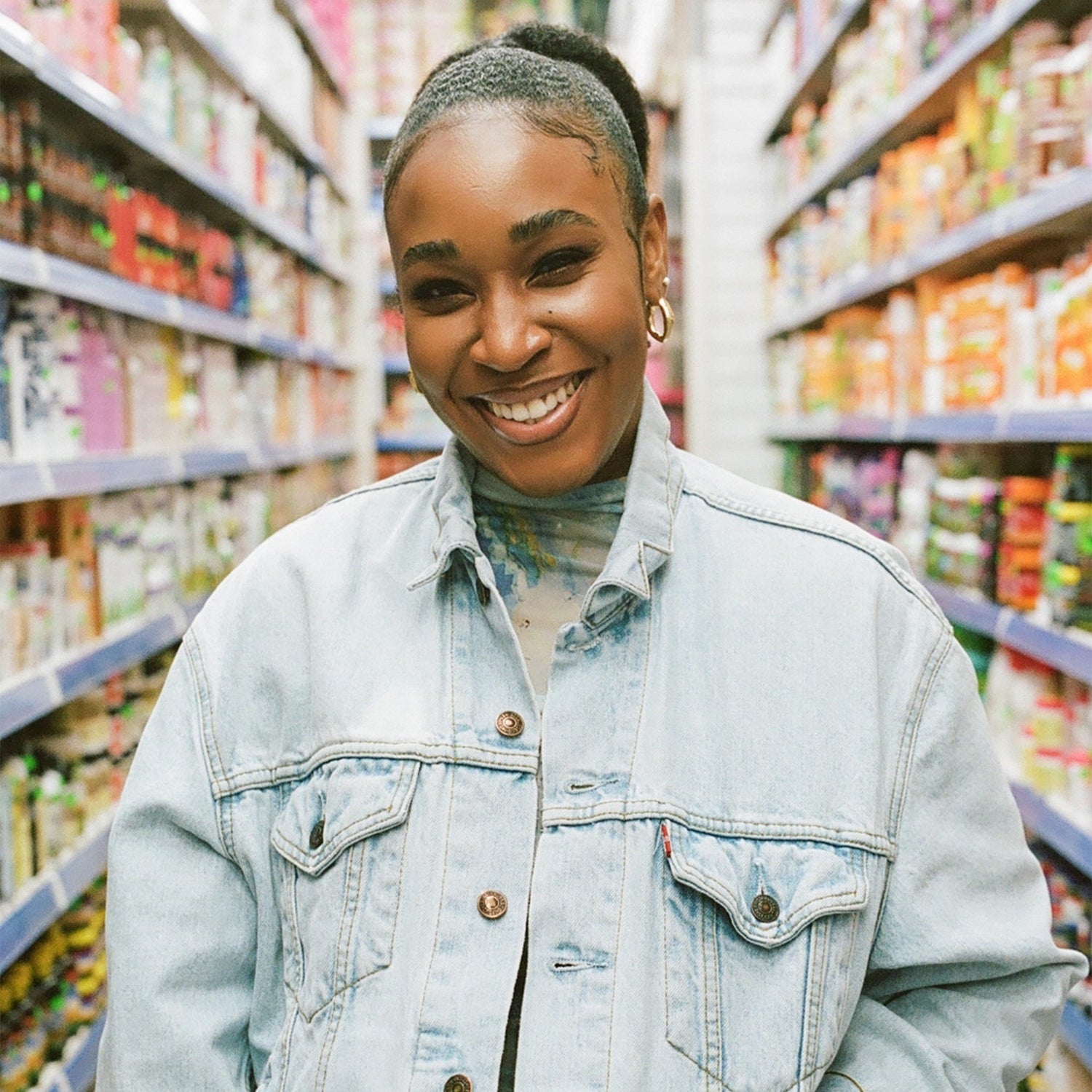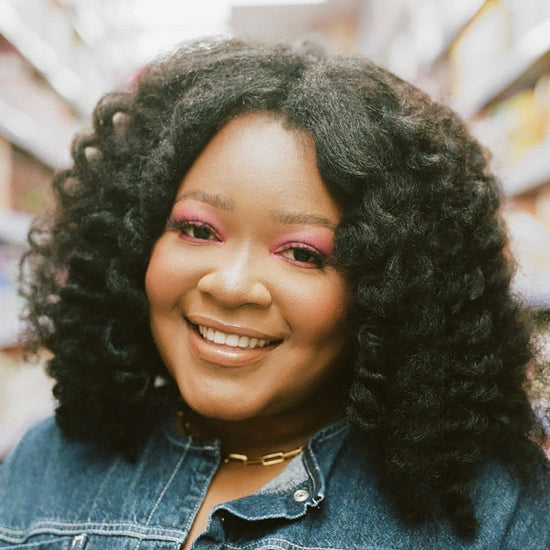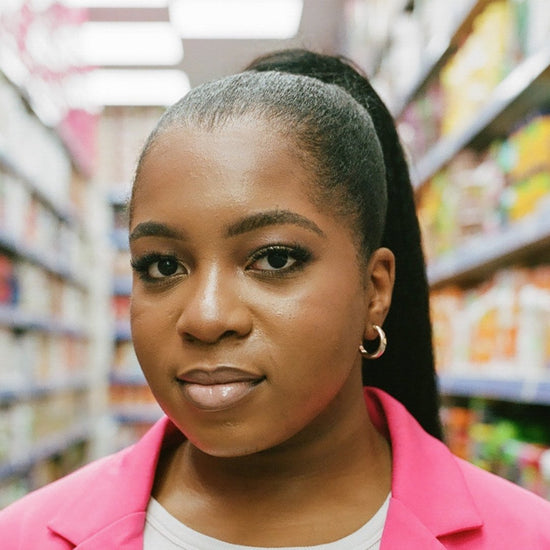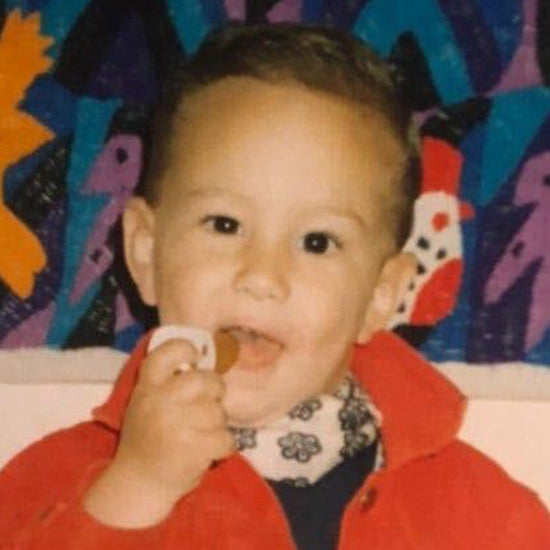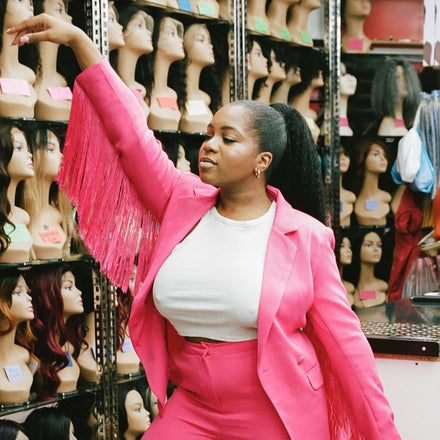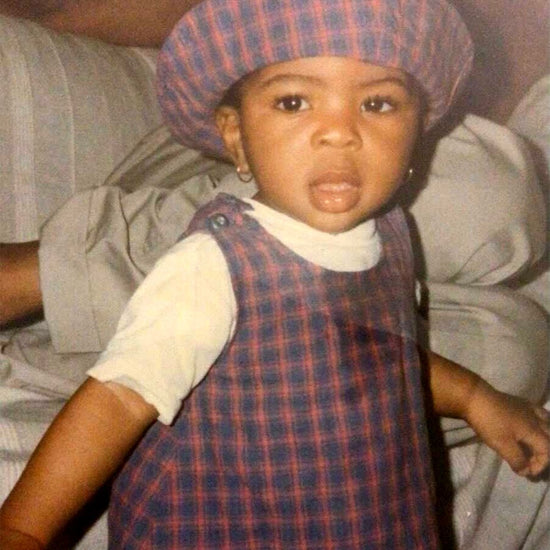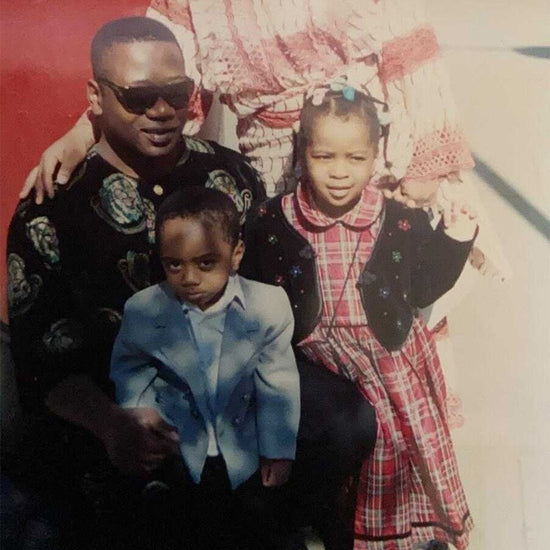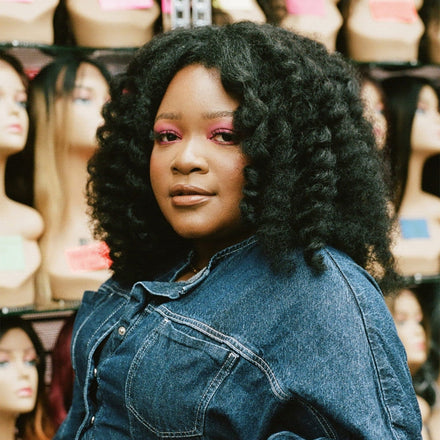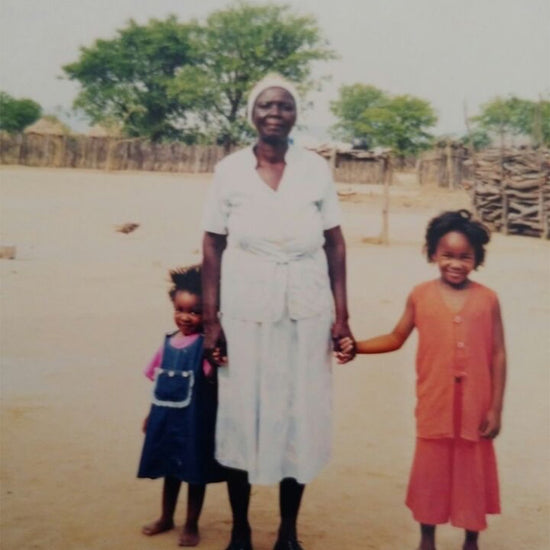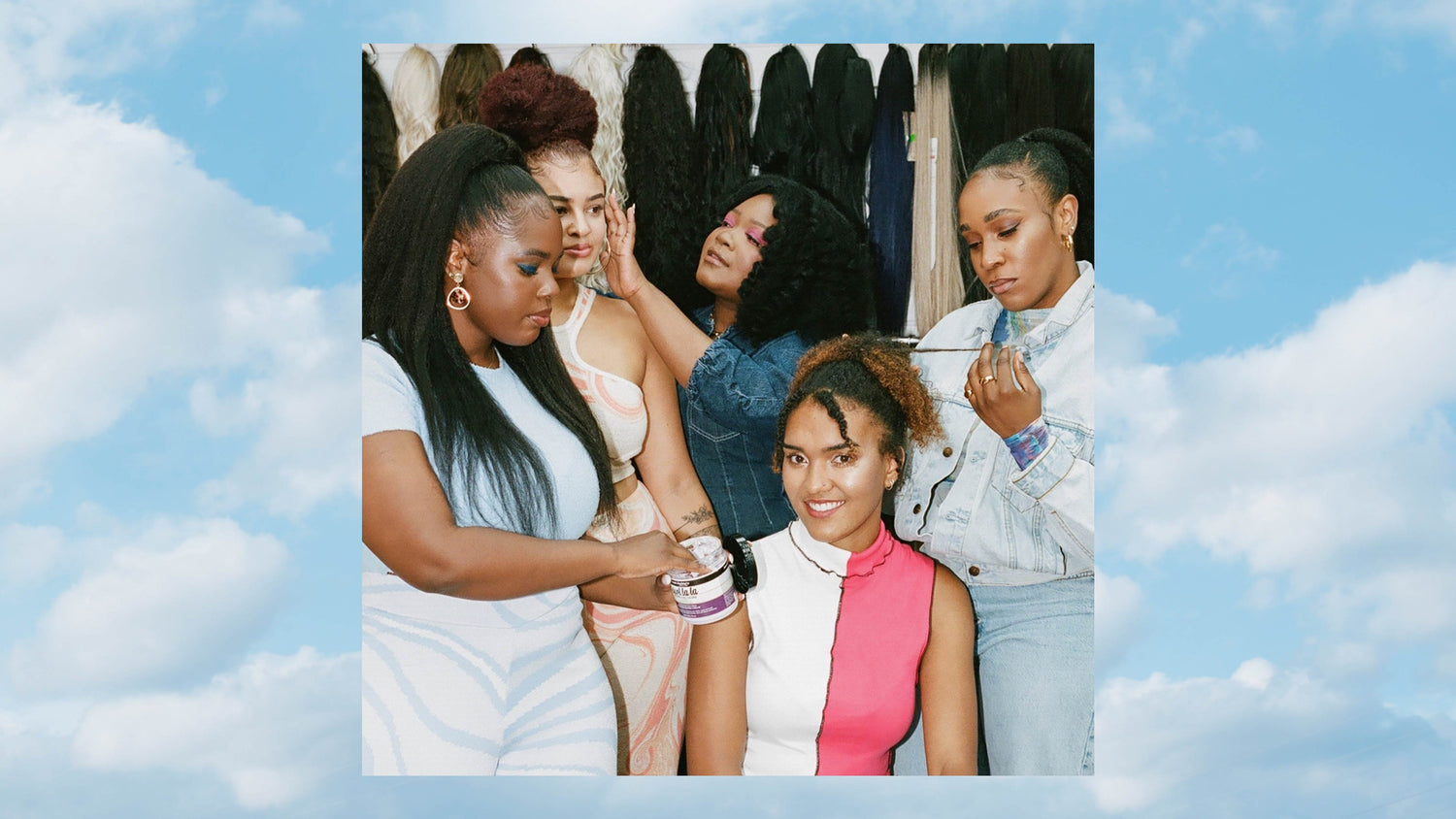Ironically, this chemical process which I thought would make me totally carefree forced me to learn and understand my hair like never before - except now I was learning about how to deal with the breakage, scalp dryness and thinning that was happening. It sucked. My hair continued to break despite spending my humble part-time tutoring income on hair treatments. Once I got to Uni, I decided to transition out the texturiser. Having what felt like 4+ different textures in my hair came with it’s own challenges, but I was just so incredibly grateful to welcome back my curls and coils as they came.
I’m passionate about Ruka because I really believe that we can bring the joy back to black women as they explore their hair, from the very start. We’re building the brand that my Mum couldn’t share with me to inspire me to hold onto my coils - the brand that I hope future grandmothers use on their daughters’ daughters. We’re doing this by developing products that actually work for us, delivering education in an accessible, judgement-free way and putting our incredible community at the heart of everything we create.
 Sign up for £20/mo - which is converted to store credit.
Sign up for £20/mo - which is converted to store credit.
 Get 10% off every order + extra discount during sales.
Get 10% off every order + extra discount during sales.
 Exclusive products + free gifts throughout the year.
Exclusive products + free gifts throughout the year.
 Test new products and get invites to community events.
Test new products and get invites to community events.
